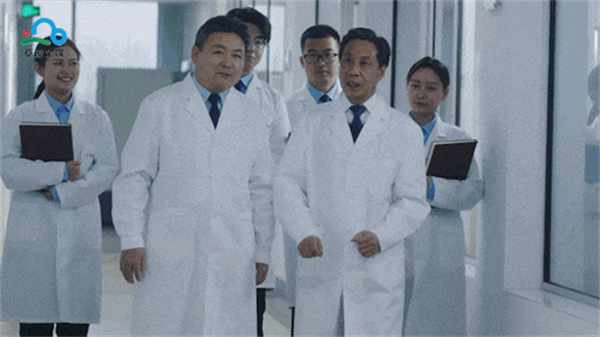CPPCC member proposes utilization of agricultural microbial genetic resources

Zhang Heping (second from right) and his research team. [Photo/Inner Mongolia Daily]
Zhang Heping, a member of the National Committee of the Chinese People's Political Consultative Conference (CPPCC) from North China's Inner Mongolia autonomous region, brought forth a proposal on the collection, protection, and utilization of agricultural microbial genetic resources at this year's National Two Sessions.
"Agricultural microorganisms, though unseen and intangible, play a significant role in the development of agricultural and animal husbandry-related industries," Zhang explained.
"For instance, in the cultivation of crops, the quality of soil microorganisms directly determines the yield and quality of agricultural products. I hope that relevant national departments will pay more attention to the development of agricultural microorganisms and accelerate the application of scientific and technological achievements in the agricultural sector, which is of great significance in ensuring national food security," Zhang stated.
For over 30 years, Zhang has been dedicated to the exploration of "microbial" paths. With his team, Zhang has collected a total of 6,202 samples of naturally fermented dairy products and related materials from 32 countries worldwide.
From these, they have isolated, identified, and preserved 47,573 strains of lactic acid bacteria, establishing the world's largest and most comprehensive original lactic acid bacteria genetic resource library. This library has been selected as one of the first national-level agricultural microbial genetic resource libraries in the country.
By leveraging this library, the team has created the world's first shared platform that integrates lactic acid bacteria genome data and functional research—the iLABdb database.
"As a CPPCC member, I will base my work on my professional responsibilities, fulfill my duties conscientiously, actively offer suggestions, and continue to develop and utilize lactic acid bacteria resources, thus allowing the world to see evolution of the Chinese lactic acid bacteria industry," Zhang added.



 Print
Print Mail
Mail


